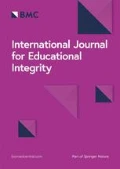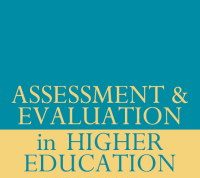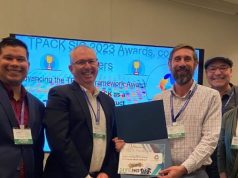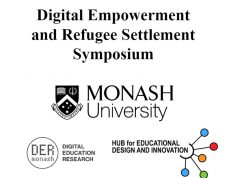Author(s):
Michael Henderson
Hui Huang
Scott Grant
Lyn Henderson
Year of publication: 2012
 It was found in the two-year study reported in this article that a single collaborative language lesson using Second Life can result in a statistically significant increase in student self-efficacy beliefs across a range of specific and general language skills. However, students with different ‘real life’ prior experience varied in the durability of their language performance beliefs over time. A between-group analysis revealed differences in the pre- and post-tests, which is explained by the specificity of the curriculum – that is, the curriculum within the Second Life environment, and not just the environment itself, has a significant impact on student beliefs. This helps to dispel some critics’ concerns about the pedagogical value of these environments. However, a within-group analysis revealed that students with infrequent experience of the ‘real life’ language context increased in their beliefs, while students with frequent experiences had similar initial responses to the other students, but were more varied in their responses over time. It is proposed that these variations over time are a result of an interaction between the domain specificity of the curriculum and authenticity, or in other words, salience of the enactive mastery experiences in Second Life with that of ‘real life’.
It was found in the two-year study reported in this article that a single collaborative language lesson using Second Life can result in a statistically significant increase in student self-efficacy beliefs across a range of specific and general language skills. However, students with different ‘real life’ prior experience varied in the durability of their language performance beliefs over time. A between-group analysis revealed differences in the pre- and post-tests, which is explained by the specificity of the curriculum – that is, the curriculum within the Second Life environment, and not just the environment itself, has a significant impact on student beliefs. This helps to dispel some critics’ concerns about the pedagogical value of these environments. However, a within-group analysis revealed that students with infrequent experience of the ‘real life’ language context increased in their beliefs, while students with frequent experiences had similar initial responses to the other students, but were more varied in their responses over time. It is proposed that these variations over time are a result of an interaction between the domain specificity of the curriculum and authenticity, or in other words, salience of the enactive mastery experiences in Second Life with that of ‘real life’.
Henderson, M., Huang, H., Grant, S. & Henderson, L. (2012). The impact of Chinese language lessons in a virtual world on university students’ self-efficacy beliefs. Australasian Journal of Educational Technology, 28(Special issue, 3), 400-419.http://www.ascilite.org.au/ajet/ajet28/henderson.html







